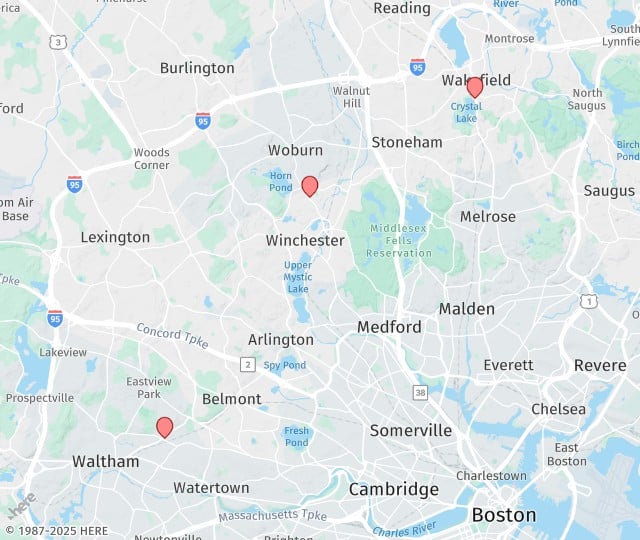At North Suburban Eye Associates, we know just how crucial it is to care for your eyes. With 3 offices in the Greater Boston Area, we provide a wide range of services for all your eye health needs. Our services cover a huge variety of ophthalmology needs for patients of any age. Our services include:
Cataract Surgery
Cataracts are actually considered an inevitable part of aging and are widespread among people ages 55 years and older. In fact, half of all Americans have them—or have had cataract surgery—by age 80.
Lifestyle Lenses
Patients needing cataract removal may choose to replace the natural lens of the eye with a traditional intraocular lens (IOL) or with what is called a premium lens. If you are nearing the age for cataract surgery and want a reliable vision correction solution, premium lens implants could be a suitable option.
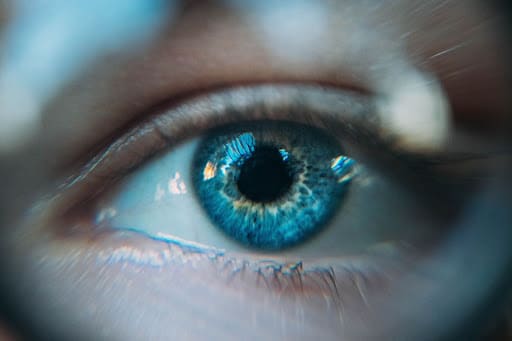
Clear Lens Exchange
CLE is a great option for those patients who have age-related vision changes that require readers or bifocals to correct their vision.
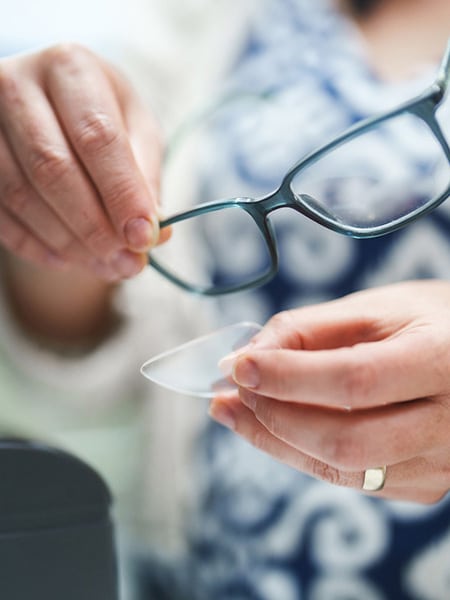
LASIK Surgery
Patients with poor vision often seek to have refractive surgery to help them see better without glasses or contacts. LASIK is the most widely performed refractive laser eye surgery procedure, and Dr. Evans has been performing LASIK for over 20 years.
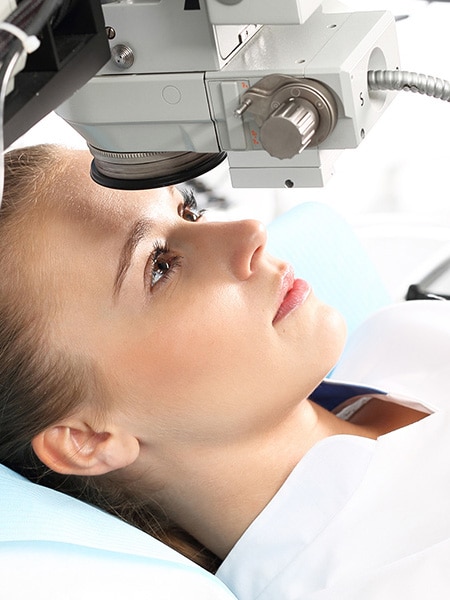
Glaucoma Treatments
Glaucoma is a common eye disease which causes loss of vision in individuals affected by the condition. With glaucoma, there is a problem with fluid draining normally from the eye. When the pressure inside the eye builds up, damage to the optic nerve develops where the nerve enters the back of the eye. Several forms of glaucoma exist, and each is treated differently
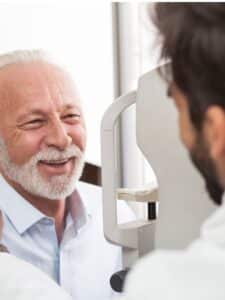
Diabetic Eye care
Diabetic Retinopathy is a complication of diabetes that causes the deterioration of the blood vessels in the retina because of high levels of blood sugar. Diabetes is a condition that causes a higher level of blood sugar than normal because the body is unable to properly use and store the sugar.

Retinal Disease Treatment
The retina is a thin layer of tissue on the inside back wall of your eye, containing millions of light-sensitive cells and other nerve cells that receive and organize visual information. The goal of retinal disease treatments is to stop or slow disease progression and preserve, improve or restore vision.
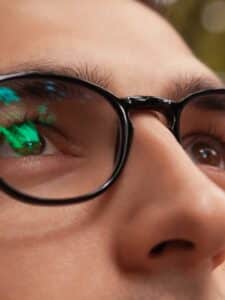
Cosmetic Procedures
As we age, the elasticity of our skin weakens, causing lines, wrinkles, and other visible facial aging. Though wrinkles are a natural part of the aging process, we want you to look and feel like your best self. We are proud to offer a variety of cosmetic procedures at North Suburban Eye Associates to provide you with a range of options to choose from.

Glasses and Contact Lens exams
Many people worldwide suffer from visual disorders, these visual impairments could have detrimental effects if left untreated. Here at North Suburban Eye Associates, we are able to diagnose and treat the following vision disorders.

Financing Options
There is an easier way to pay for your vision care including LASIK. We’re pleased to accept the CareCredit credit card, North America’s leading patient healthcare financing program.

Schedule Your Consultation Today!
To learn more about our services at North Suburban Eye Associates, please call 781-245-5200 to contact us today! Our practice serves Wakefield, Waltham, and Winchester.

